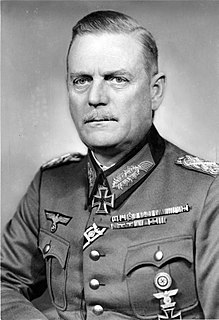A Quote by Boethius
If there is anything good about nobility it is that it enforces the necessity of avoiding degeneracy.
Related Quotes
On the other hand, heroism is basic to the character of the Nordic peoples. This heroism of the ancient mythic period and this is what is decisive has never been lost, despite times of decline, so long as the Nordic blood was still alive. Heroism, in fact, took many forms, from the warrior nobility of Siegfried or Hercules to the intellectual nobility of Copernicus and Leonardo , the religious nobility of Eckehart and Lagarde, or the political nobility of Frederick the Great and Bismarck , and its substance has remained the same.
Whatever I had read as a child about the saints had thrilled me. I could see the nobility of giving one's life for the sick, the maimed, the leper. But there was another question in my mind. Why was so much done in remedying the evil instead of avoiding it in the first place? Where were the saints to try to change the social order, not just to minister to the slaves, but to do away with slavery?
The gospel of the Savior is not simply about avoiding bad in our lives; it also is essentially about doing and becoming good. And the Atonement provides help for us to overcome and avoid bad and to do and become good. Help from the Savior is available for the entire journey of mortality - from bad to good to better and to change our very nature.









































